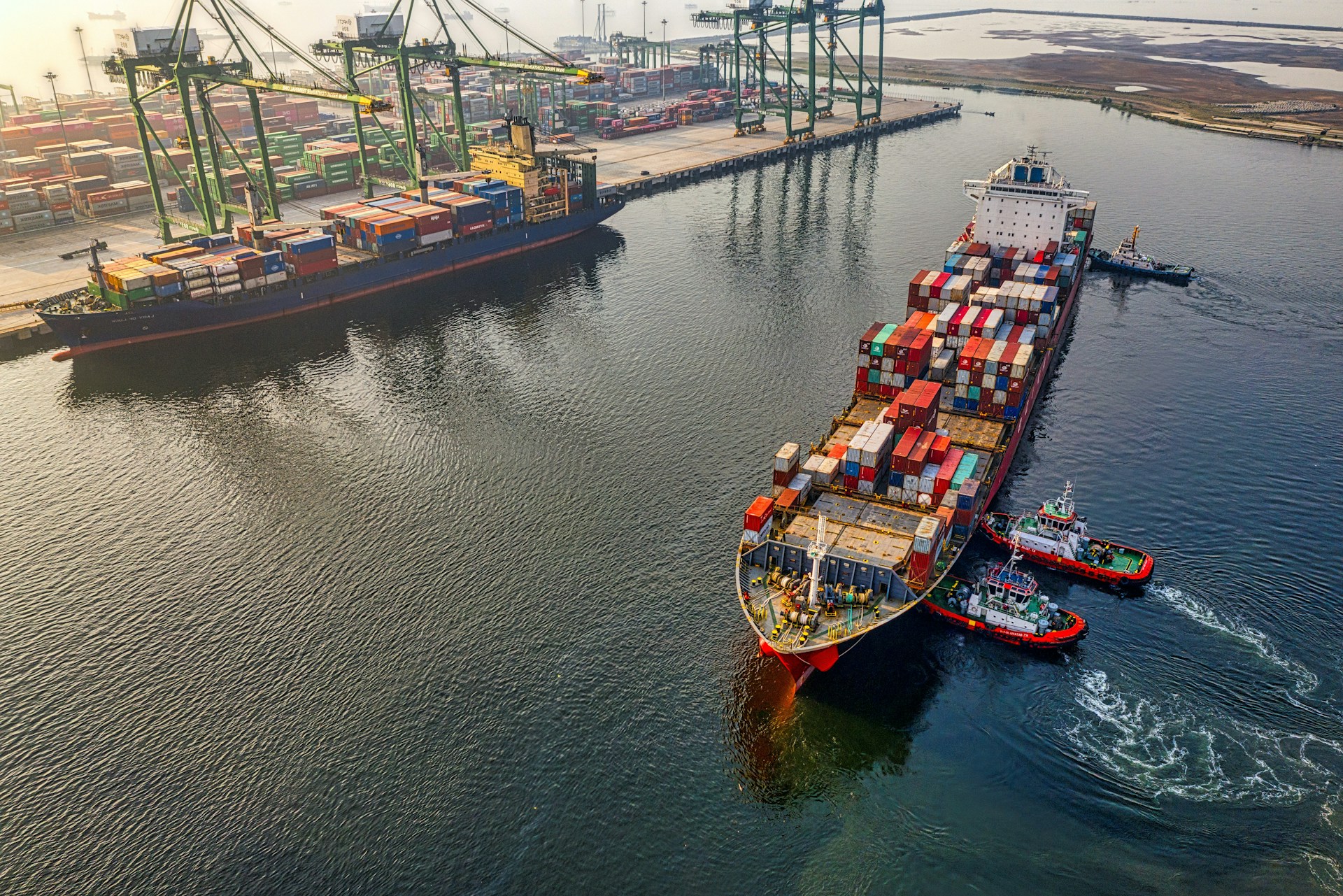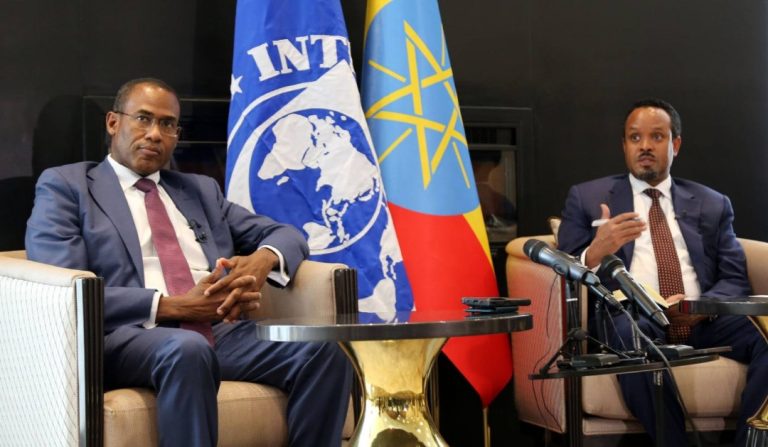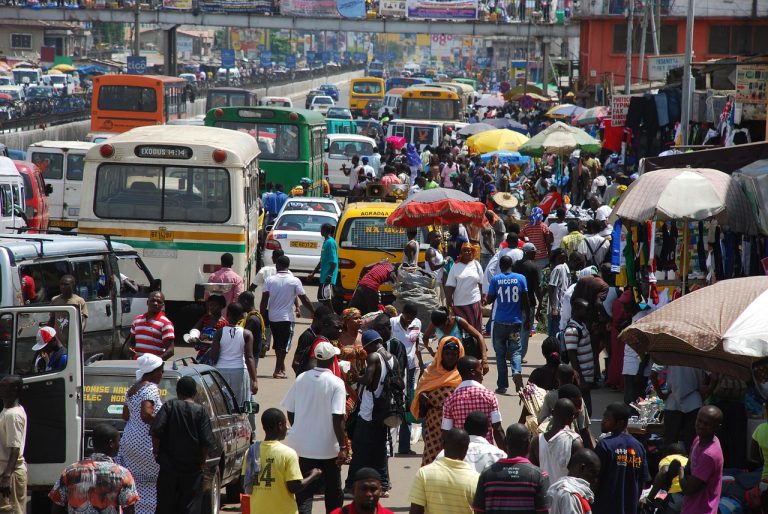- AfCFTA says continent can absorb shock of U.S. tariff by boosting intra-African trade
- Analysts warn small exporters may struggle without swift policy support
ACCRA, GHANA – Africa has the capacity to withstand the impact of new U.S. tariffs on its exports if it strengthens regional trade ties, the African Continental Free Trade Area (AfCFTA) has said.
The assurance comes after Washington imposed a 15% levy on a wide range of African goods.
The tariff, which took effect on Aug. 7, ends duty-free access for countries such as Ghana under the African Growth and Opportunity Act (AGOA), a cornerstone of U.S.–Africa trade relations for more than two decades. The move is part of a wider recalibration of Washington’s trade policy towards the continent.
Louis Yaw Akon Afful, AfCFTA’s executive director, described the tariff as a turning point for African economies that have long relied on overseas markets.
“This is the moment for Africa to trade more with itself. We have the market, we have the capacity, and with AfCFTA in place, there is no reason why we cannot offset the shocks from this development,” Afful told Allen Dreyfus.
He added that the new policy environment offers a chance to deepen regional supply chains, diversify export destinations and build resilience through intra-African trade.
The U.S. tariff applies to agricultural produce as well as manufactured goods, fuelling concerns among exporters about losing competitiveness in one of their biggest foreign markets. Industry players warn that foreign exchange earnings and jobs in export-oriented sectors could be at risk.
Shift in global trade strategies
Market analysts say the new tariffs may accelerate a pivot in African trade strategies towards Europe, Asia and other emerging markets. Businesses are also expected to adopt cost-cutting measures and focus on value addition to remain competitive.
While some economists argue that the overall economic effect may be less severe than feared, trade advocacy groups caution that without urgent policy intervention, small and medium-sized enterprises (SMEs) will struggle to adapt to the higher barriers in the U.S.
The AfCFTA, launched in 2021, seeks to create the world’s largest single market by connecting 1.4 billion people across Africa.
Supporters argue the bloc could help cushion the blow of external shocks such as the U.S. tariff shift, provided member states accelerate implementation of trade facilitation measures and remove remaining barriers.











